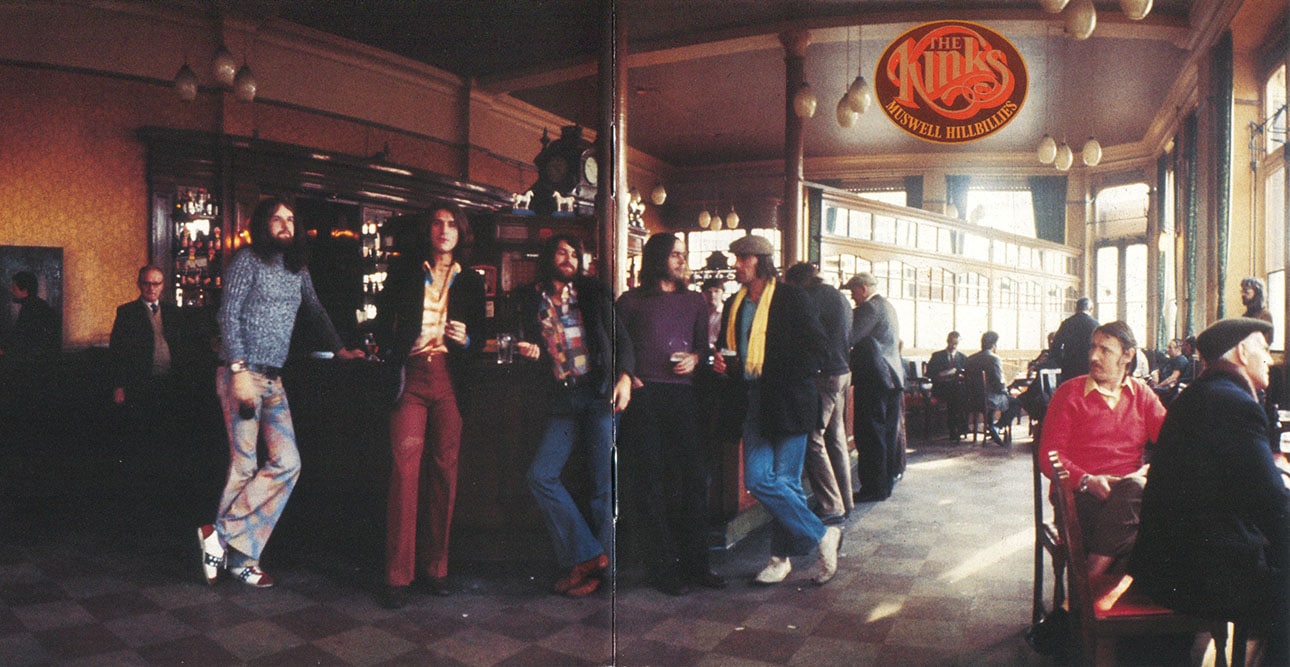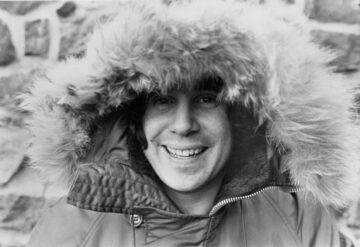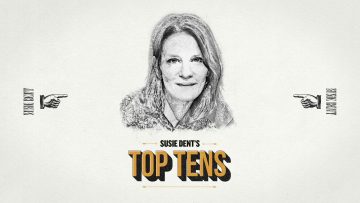As the UK heads to the polls today, we watch as the nation brims with anticipation and uncertainty. Granted, Labour is poised for a significant victory, but the confusion as to what comes after is foremost in any voters’ minds. There’s a feeling of widespread dissatisfaction with the status quo and a collective yearning for change.
It’s a sentiment that resonates with the themes developed in Muswell Hillbillies, the eighth studio album by The Kinks, released in the autumn of 1971. While Marc Bolan was strutting his glam-rock stuff and Led Zeppelin were becoming the biggest band in the world, Ray Davies, the ever-observant frontman of The Kinks, was quietly crafting a masterpiece that would stand the test of time. Muswell Hillbillies is a touching, poignant, saddening, and, at times, scathing reflection on the disappearance of working-class London, a place Davies knew intimately.
Davies, a North London lad through and through, grew up in the shadow of Alexandra Palace, a stone’s throw from the Muswell Hill of the album’s title. This wasn’t the London of tourist brochures or Swinging Sixties postcards. This was the London of cramped flats, corner shops, and pubs where the pints of bitter flowed freely, and the music was a bit rough around the edges.
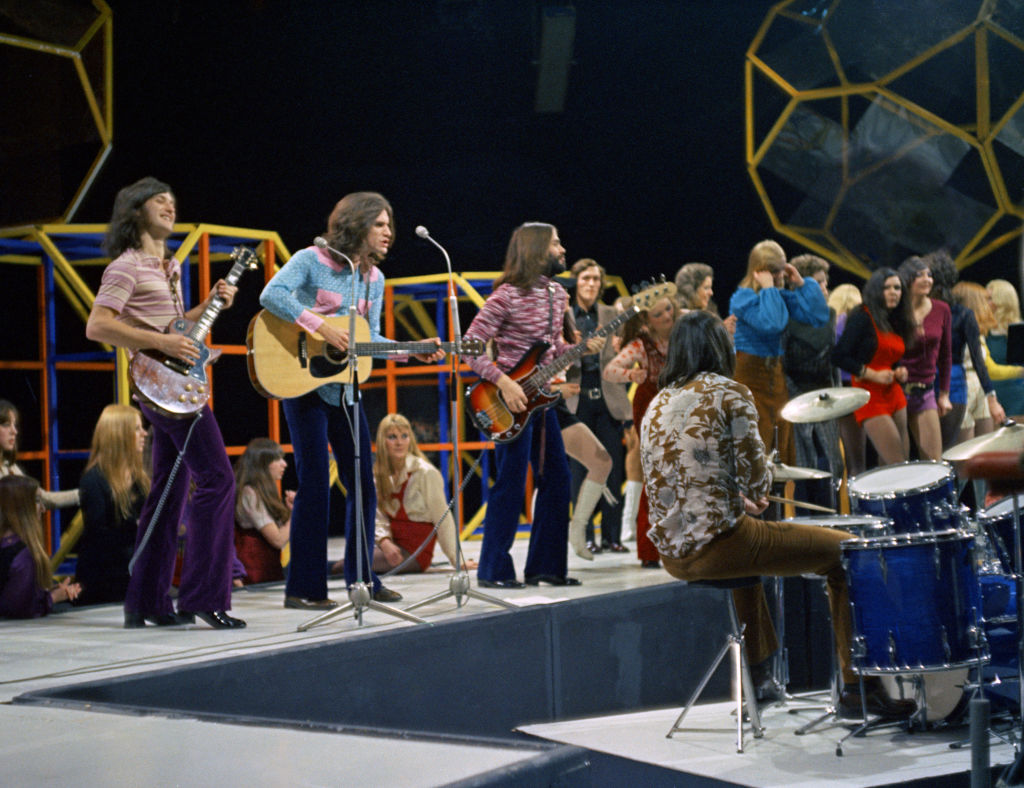
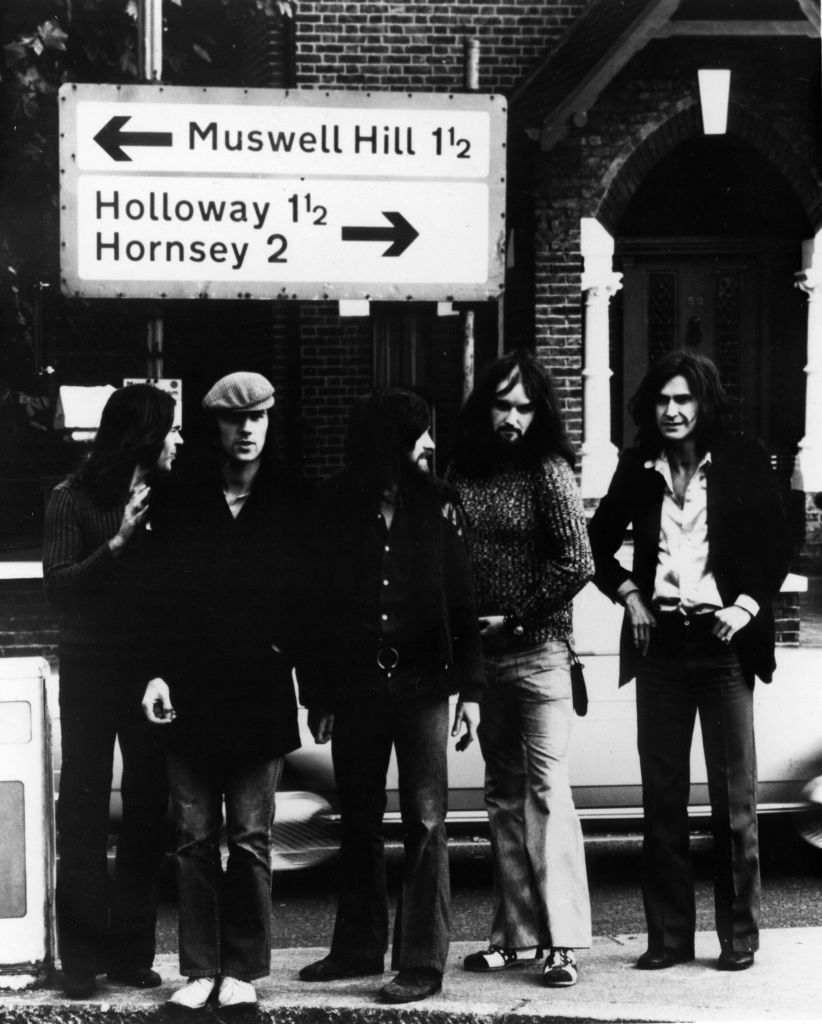
The album opens with ’20th Century Man’, a song that perfectly encapsulates the era’s anxieties. Davies sings, “I’m a 20th Century Man but I don’t wanna be here,” a line that could be a mantra for anyone who’s ever felt overwhelmed by the relentless pace of modern life. This sense of dislocation and frustration is palpable, mirroring contemporary concerns about technological and societal change.
But Davies doesn’t just wallow in despair. He’s got a bone to pick with the powers that be, the ones who bulldoze communities and displace people in the name of progress. In ‘Here Come the People in Grey’, he sings of the faceless bureaucrats who “try to make you change your mind / They’ll try to make you go their way.” It’s a song that still resonates today, as gentrification continues to reshape cities not just in Britain but around the world.
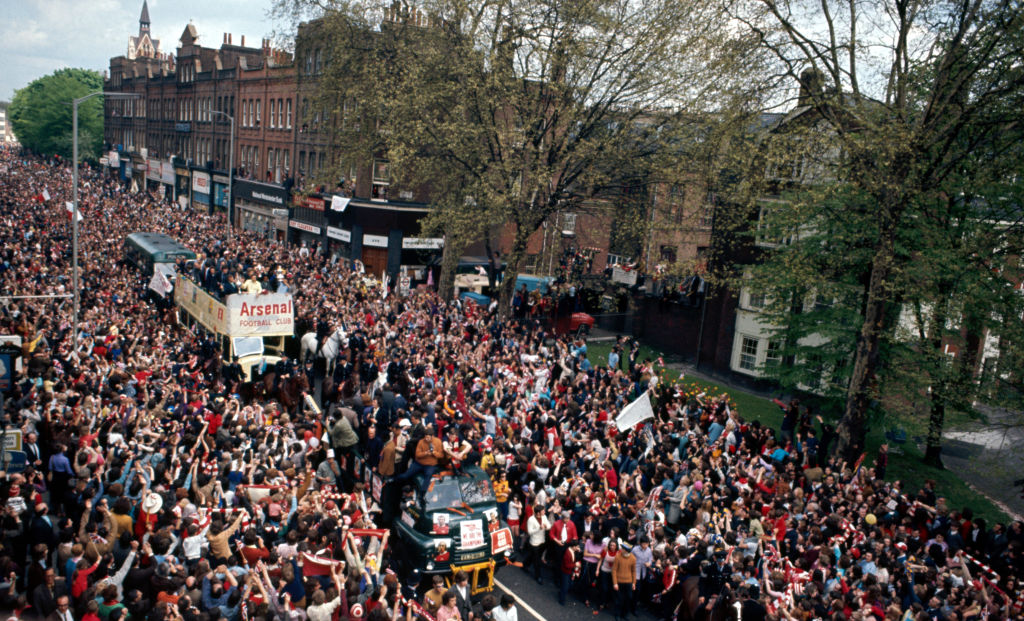
Davies’ lyrics are full of vivid imagery and Chaucerian characters drawn from his own life. ‘Uncle Son’, for example, is a tribute to his real-life uncle, a man who, in Davies’ words, “never felt fulfilled as a person.” The song captures the quiet desperation of a life lived in the shadows, a life of unfulfilled dreams and missed opportunities.
Then there’s ‘Alcohol’, a song about Davies’ father’s struggles with addiction. It’s a song that’s both funny and sad, with strong, straightforward lines like, “He’s always drinking, he’s always drinking / He’s gonna drink himself to death.” But beneath the humour lies a deep empathy for a man trapped in a cycle of self-destruction; this is Ray’s dad, after all. This duality—humour interwoven with unbearable sadness—highlights Davies’ deft ability to transmit complex human emotions through his music.
One of the album’s most poignant tracks, and a kind of sequel to the themes from ‘Uncle Son’ is ‘Oklahoma U.S.A.’, a bittersweet ode to escapism. The song tells the story of a woman who dreams of a better life in America, a supposed land of opportunity and endless possibilities, or at least how it’s been sold to her. It’s a song that speaks to the universal human desire for a fresh start, a chance to escape the mundane realities of everyday life, which will, unfortunately, one day creep up on you anyway. This track, in particular, showcases Davies’ lyrical prowess and his ability to tap into universal themes.
Musically, Muswell Hillbillies is a delightful hodgepodge of styles. You’ll hear echoes of British music hall, American country and western, and even a bit of New Orleans jazz. The album’s eclectic sound perfectly complements all its lyrical themes, fusing genres to showcase The Kinks’ musical versatility and also mirror the cultural melting pot of London itself.
Muswell Hillbillies is a time capsule, a snapshot of a moment in time when London was changing rapidly. It’s an album that speaks to the universal experience of loss and the struggle to hold on to one’s identity in the face of relentless change. And it’s a reminder that even in the darkest of times, there’s always room for a bit of humour and a good old sing-along.
Related Stories
- The night The Kinks outshone The Beatles: The 1964 Bournemouth showdown
Relive the electrifying night when The Kinks outperformed The Beatles in Bournemouth, recounting how a last-minute lineup change led to a memorable performance that left a lasting impact on the British music scene. - The Dissonance Tour: When Bowie met Reznor and redefined live music
In 1995, David Bowie and Trent Reznor embarked on the Dissonance tour, a unique live experience combining art rock and industrial metal, forever altering stage performances. - The time The Kinks’ Dave Davies invented three music genres with a knife
Discover how Dave Davies of The Kinks slashed his amp with a razor, accidentally inventing distorted electric guitar sounds that paved the way for heavy metal and punk music. - The Led Zeppelin song Robert Plant admitted was a ‘windup’ for Tolkien fans
Despite Led Zeppelin’s musical magnificence, singer Robert Plant hasn’t been able to shake the consistent association with Tolkien’s literature. - The songs musicians wish they’d written
Explore the songs that have inspired musicians across genres, including tracks by The Kinks that have left a lasting influence on the music world.
Keep up to date with the best in UK music by following us on Instagram: @whynowworld and on Twitter/X: @whynowworld

